The Centers for Disease Control (CDC) has approved a new vaccine called Nirsevimab (Beyfortus) to protect newborns and infants under 8 months against Respiratory Syncytial Virus (RSV). Here’s what you need to know.
What is RSV?
Respiratory syncytial virus (RSV), usually seen in the fall and winter, causes infections of the airways and lungs. RSV symptoms can include runny nose, cough, fever, fussiness, feeding less and other breathing problems. In babies, RSV can cause pneumonia and/or bronchiolitis, which causes wheezing and breathing problems. In fact, RSV is a major reason why young children need to go to hospital or emergency room.
How can I protect my child from RSV?
As always, washing your hands, cleaning surfaces, staying away from sick people and covering coughs and sneezes are great ways to lower your chances of catching colds and other similar infections. This year, we are very excited to have a new medicine that will help infants and young children stay safer from RSV. This new medicine is Nirsevimab!
What is Nirsevimab?
Nirsevimab (Beyfortus), is a medicine given by injection that fights RSV infection. It contains a long acting antibody that helps the body’s immune system find and get rid of the RSV virus. Nirsevimab was approved by the U.S. Food and Drug Administration (FDA) and Centers for Disease Control (CDC) and is recommended by the American Academy of Pediatrics.
Who should get Nirsevimab?
All infants under 8 months of age during RSV season should get one dose of Nirsevimab. Certain babies 8 to 19 months may also get Nirsevimab if they have a condition that makes RSV infection more dangerous for them. These conditions include prematurity (less than 29 weeks), weak immune system, problems swallowing or clearing secretions or heart or lung disease that has been treated with lung medicines, steroids, diuretics or oxygen in the past 6 months.
When and how often should Nirsevimab be given?
Nirsevimab should be given as soon as the first week of life for infants born during RSV season, which is usually October through March. Nirsevimab is long acting, so it usually only needs to be given once. For babies at higher risk, one more dose of Nirsevimab may be given during their second RSV season. Also, Nirsevimab can be given with the flu, COVID-19 and all other routine vaccines.
Is Nirsevimab safe and effective?
Yes and yes! Studies show that Nirsevimab is not only very safe, but it works really well too. Nirsevimab can prevent about 75-80% severe infections, ER visits and hospital stays caused by RSV. This is great news!
Can my older child get Nirsivemab if they have asthma or a history of wheezing?
No, Nirsevimab is only for those at highest risk of severe RSV infection. This means that healthy toddlers and infants 8 months and older should not get Nirsevimab at this time. Also, otherwise healthy kids with asthma do not need Nirsevimab.
If mom got the RSV vaccine while pregnant, should the baby get Nirsivemab?
In most cases, Nirsevimab is not needed if mom got the RSV vaccine while pregnant, but talk to your provider to be sure.
What if I have other questions?
If you have any questions or concerns about Nirsevimab or protecting your child from RSV, please talk to your child’s pediatrician or primary care provider to learn more.
 https://riseandshine.childrensnational.org/wp-content/uploads/2020/11/person-being-vaccinated-feature.png
300
400
Rise and Shine
https://riseandshine.childrensnational.org/wp-content/uploads/2017/11/childrens_riseandshine_logo.jpg
Rise and Shine2025-05-15 07:00:242025-05-23 10:39:33Answers to your questions about the COVID-19 vaccine and booster for children
https://riseandshine.childrensnational.org/wp-content/uploads/2020/11/person-being-vaccinated-feature.png
300
400
Rise and Shine
https://riseandshine.childrensnational.org/wp-content/uploads/2017/11/childrens_riseandshine_logo.jpg
Rise and Shine2025-05-15 07:00:242025-05-23 10:39:33Answers to your questions about the COVID-19 vaccine and booster for children





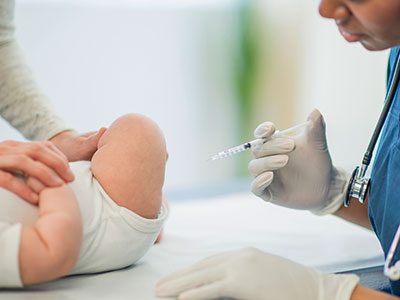
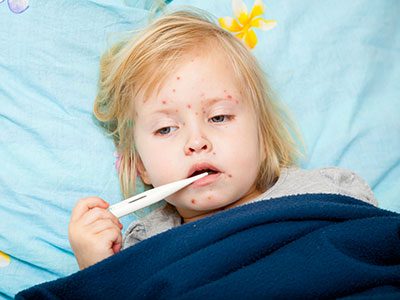
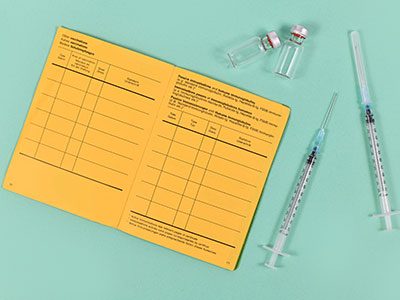

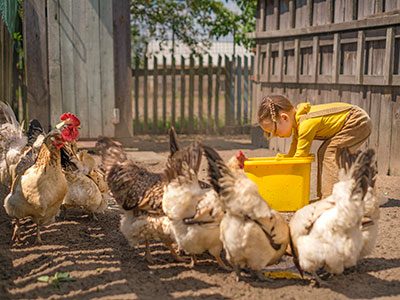


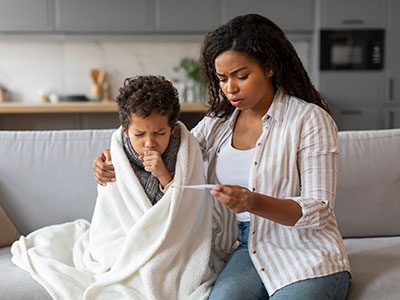
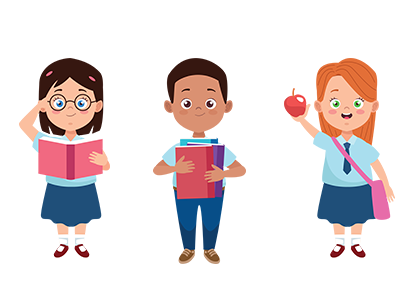


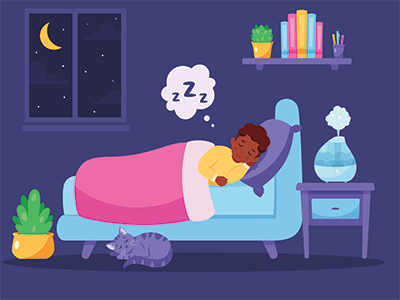
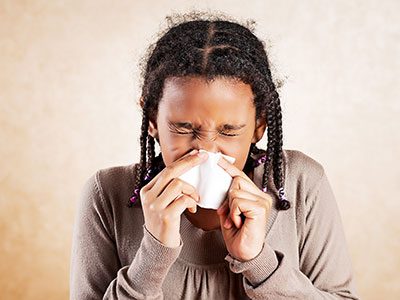
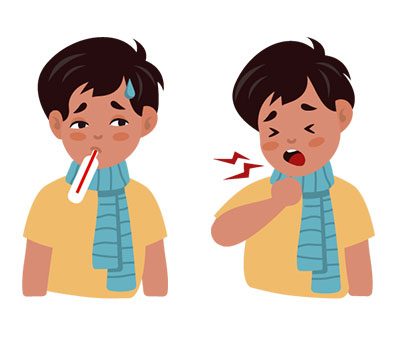
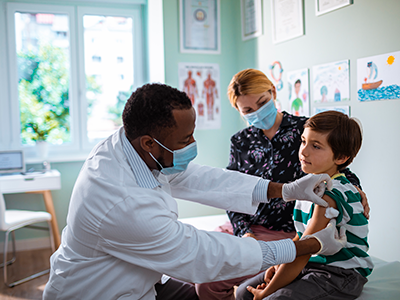
Leave a Comment
Want to join the discussion?Feel free to contribute!